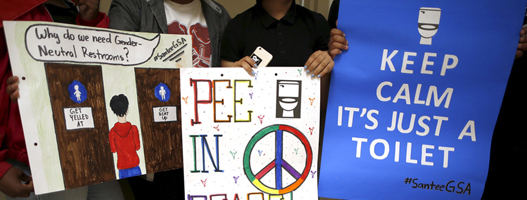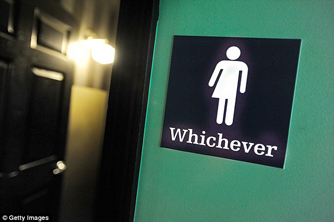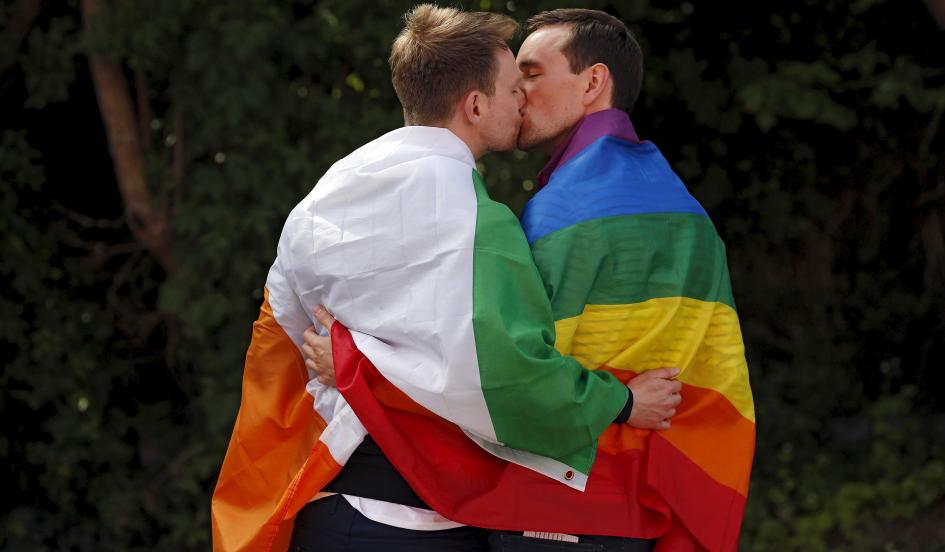How anti-LGBT laws harm states’ economic prosperity

So far this year, 11 states have proposed legislation requiring people to use bathrooms in government buildings, public schools and public universities consistent with the sex assigned on their birth certificate. The issue is hardly new, and lawmakers in these and other states have proposed similar bills in the past. Only one, North Carolina, however, has managed to pass such a law, having done so in 2016.
There are real economic damages associated with “bathroom bills” and other forms of “legal” discrimination.
North Carolina experienced as much when it passed its legislation in 2016. Scores of businesses and entertainers either canceled upcoming events or opted to forgo moving their business operations to the state in the future. According to Forbes, the end result was a $600 million economic loss, including tax revenue, directly attributable to law. These effects are consistent with research showing that discriminatory laws undermine economic growth.
Not surprisingly, a number of economists have forecast similar economic peril for states considering discriminatory laws. In Texas, for example, an economic impact study conducted by the Texas Association of Businesses estimated an $8.5 billion loss in GDP.
The loss of major events represents a possibility. For example, San Antonio is slated to host the National Collegiate Athletic Association Men’s Final Four basketball championships in 2018, with an expected economic impact of almost $240 million. That could be in jeopardy if the bill is passed. The NCAA moved championship events out of North Carolina after its bathroom bill became law.
These discussions of the adverse economic impact of discriminatory laws still miss a crucial point: Governments that signal a lack of inclusiveness pass on indirect costs to affected states, cities and businesses.
That’s because businesses, entertainers and major events tend to want to reward and associate with inclusive entities and avoid those that exclude. While this might not have been the case even 20 years ago, shifting societal attitudes toward LGBT inclusion necessitate a strategic shift.
Read more at The Conversation



